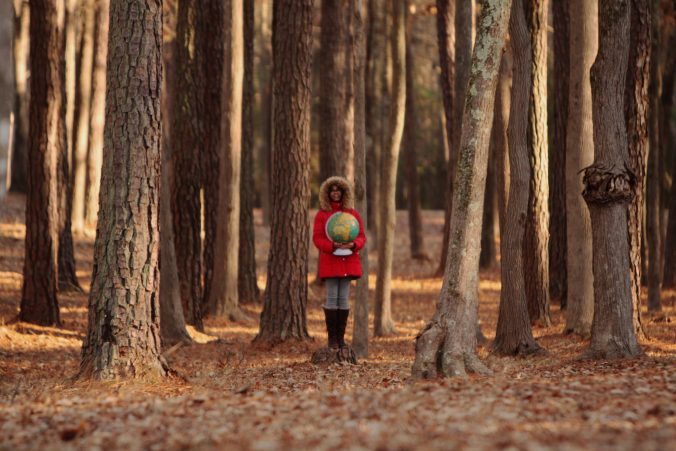Welcome to our five-part series on how to decide where to donate effectively. We’re going to go on an in-depth journey through the psychology of donations, the best ways to tell whether a charity is good at what they do, and how to actually give most effectively.
- What drives donations
- Choosing a cause to support
- Good ways to choose a charity
- Bad ways to assess charities
- The best ways to give
To understand how to choose a cause, we need to grasp why we choose the causes and charities we do.
There are two schools of thought on this – passion and impact.
If you choose a cause based on passion, you donate to the causes that speak to you most personally. The disease your loved one died from, the local community you live in, the people and animals who have affected your life.
If you choose based on logic and pragmatism, you donate to causes where you can make the most impact, where we can improve the world the most. This is difficult, as to do this we need to somehow rank causes. But what’s more important – humans, animals, or the environment? Is it better to reduce suffering now, or save lives later? Do we save lives close to us, or further away? Fortunately, we’re not the first to grapple with these problems, and organisations like 80,000 hours have created frameworks to help us make these decisions (though they are still contentious, as they speak to very fundamental issues of moral philosophy).
You would assume, therefore, that it is the logical ones that make the biggest impact on the world. However, this isn’t necessarily the case. Donating to causes that you’re passionate about has a multiplicative effect – you are more likely to give, and give regularly, to causes you are passionate about. Not only that, you are more likely to tell others, to think deeply about the best ways to influence that cause, and to fundraise from your friends.
It follows, then, that there is a balance to be struck. The cause that you choose should be something that you’re passionate about, but also a cause where you have a real chance to create genuine impact on people’s lives. This makes where to donate a deeply personal decision.
Understanding your core beliefs
What you value and what you believe have a key role to play in deciding where to donate. To my mind, there are three main factors:
- Whether you think people, animals, or the environment are most valuable. There are some people who value human lives over all others. Others argue that animals are innocents unable to speak up about the horrific things we do to them, so perhaps they deserve protection more. Still others would argue that without an environment to live in both humans and animals would be in a very bad way.
- Valuing the present vs the future. Would you prefer to save lives now, or lives later? That’s essentially the choice you’ve making when you decide between present-focused charities (such as drought aid) and future-focused charities (such as medical research).
- Nearby vs far away. Do you value nearby things more than those living far away? Do you value the lives of people in Australia more than those in Iraq? If you’re like most humans, you probably do, but may not want to admit it.
These core beliefs help to shape which cause you might want to support, when combined with your passions. But in most cases they won’t be enough to narrow down exactly where you should donate.

Narrowing down your cause
How do you actually take your shortlist of causes and make a decision? Thankfully, organisations like 80,000 hours have been thinking about this, and have come up with three main metrics.
Scale
What’s the magnitude of this problem? How much does it affect people’s lives today? How much effect will solving it have in the long-run?
Solvability
How easy would it be to make progress on this problem? Do interventions already exist to solve this problem effectively, and how strong is the evidence behind them?
Neglect
How many people and resources are already dedicated to tackling this problem? Are they well allocated? Why aren’t markets or governments already making progress on this problem?
You may need to do some research to get a good answer to some of these questions. And that’s OK. It’s worth doing, especially if you’re going to ‘set and forget’ your donations for a while. This is also where personal passion is helpful, as if you are already knowledgeable on a subject it will mean you have a better idea about how solvable the problem really is and where you can make a difference.
So, you have a cause. But how do you decide which charity to actually donate to? In our next article, we’ll talk about good ways to decide which charities are most likely to impact on your cause.
